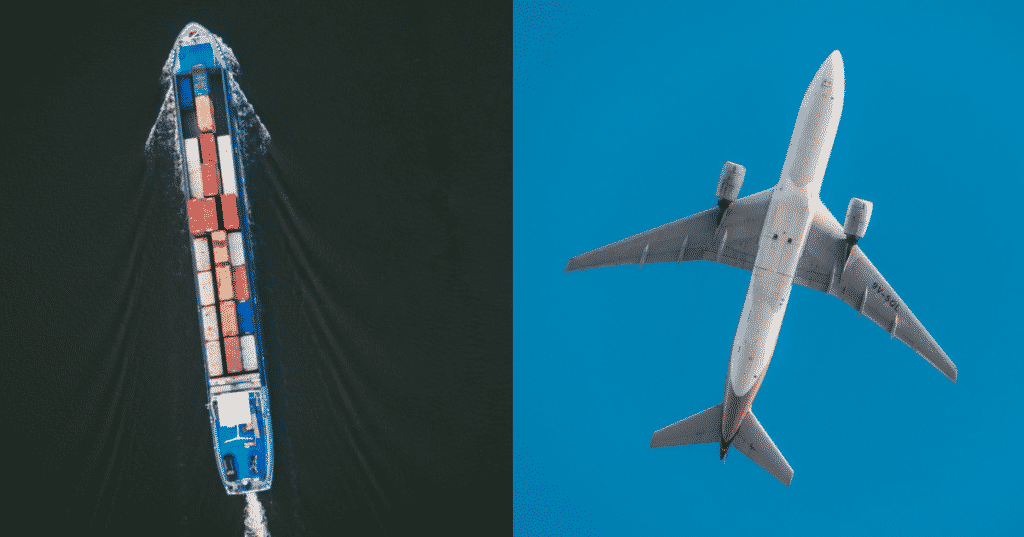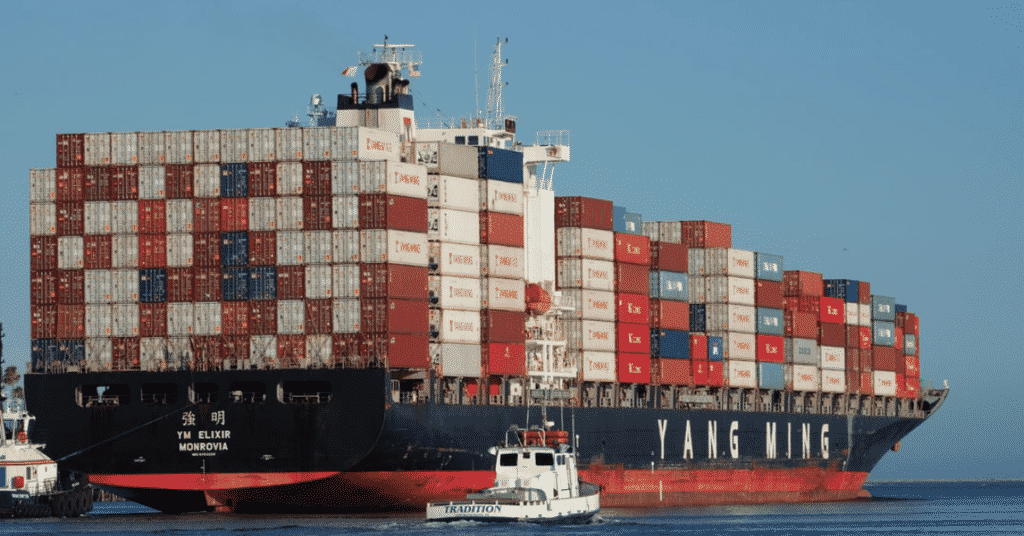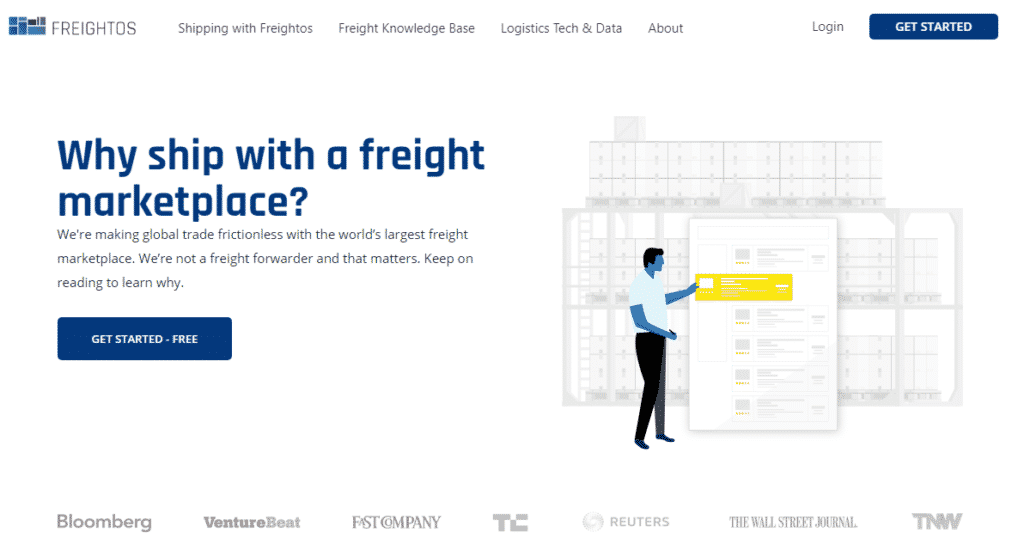Managing VAT for cross-border fulfillment is a challenging task for businesses. However, with the right tools and knowledge, it can be manageable and stress-free. In this blog post, we will discuss some tips and tricks for making it just that.
Understand the basics of VAT
The first step in managing VAT for cross-border fulfillment is to understand the basics of VAT, at least the salient differences between GST and VAT.
Although territories countries have their own VAT rules, rates, and thresholds, you do not have to memorize them or have your accountant apply the myriad rules to each transaction. With automation, the requisite complicated details are applied to transactions without your continuous efforts.
There will always be a question about taxes that requires expertise, so make sure your compliance partner has the knowledge and you can access the knowledge.
Register to relevant VAT schemes
You don’t have to define the relevant VAT schemes yourself. Vet available partners by having them explain the schemes to you before committing to one partner.
Companies operating in VAT compliance generally have easily digestible information on their websites, but feel free to ask. Do not settle for one answer, get a second or even a third opinion. This is generally very basic knowledge and should be provided free of charge.
The second and third opinions are essential especially if the advice given is to register to be VAT liable to any country. That generally means accounting, periodical filings and naturally varying levels of different costs. An important point to note here is that sales to EU countries do not constitute a requirement for full VAT registration.
Look for companies with automated solutions who are also handling the registrations. Big names or costly consultants do not mean better or broader scope of service. Registration is often not just a registration; the registration party is often your compliance partner for years to come. Choose wisely.
Use a VAT compliance software
VAT compliance software is essential in helping you manage VAT for cross-border fulfillment. It should help you calculate VAT, generate VAT reports, take into account the inevitable returns and discounts, file VAT reports and even manage the payment of VAT on your behalf. Make sure the VAT compliance software integrates to your e-commerce platform, making the process of managing VAT even easier.
Businesses change and their requirements change. Consultants are happy to instruct you for a fee, but it is better to simply adjust an existing solution than talk. Each additional VAT registration will add exponentially to your compliance efforts and costs. You don’t want to get stuck with a solution that does not scale with your business and talking is not scaling. Naturally, it is also important to read the fine print and avoid excessively costly and long termination clauses.
In short, make sure the software removes manual work instead of creating new ones and that it scales with your business.
Keep records
Keeping accurate records is essential for managing VAT for cross-border fulfillment. You should keep records of all sales, invoices, and VAT returns for each country where you have sales.
Keeping accurate records will help you avoid errors and make it easier to file VAT returns and respond to any inquiries from tax authorities.
It is worth noting that for example, the new EU VAT schemes require an extended record-keeping period. Your solution provider should have you covered, but do make sure.
Secure access to professional advice
It is natural to be unsure about the VAT rules in a particular country and it is always a good idea to seek professional advice. VAT rules are complex, and a tax advisor can help you navigate the rules and avoid costly mistakes.
Although your accountant is undoubtedly an expert in accounting, that does not mean they are expert in international indirect taxation. The same goes for your logistics partner. They are experts in delivering and customs clearing your sold goods. They are not indirect taxation expert.
You can avoid spending a lot of money on consultants by finding the right automated solution. The solution provider should want to help you. In order to have built their solution they must have in-depth knowledge of all relevant issues. And they can help you with questions ranging from tech to tax to marketing. At least we can, here at EAS Project.
Final Thoughts
The EU market holds immense potential and it is not advisable to stay out, especially when there are affordable and automated tools available. EAS has developed a comprehensive solution that caters to all tax requirements and obligations for EU and UK compliance.
With expertise in international taxation, EAS offers a cost-effective compliance framework and its automated solutions are compatible with all business models.

If you are uncertain about the next steps, feel free to reach out to EAS for assistance.
Teemu Konttinen is the COO at EAS Project. His main areas of expertise are indirect taxation and international business.





